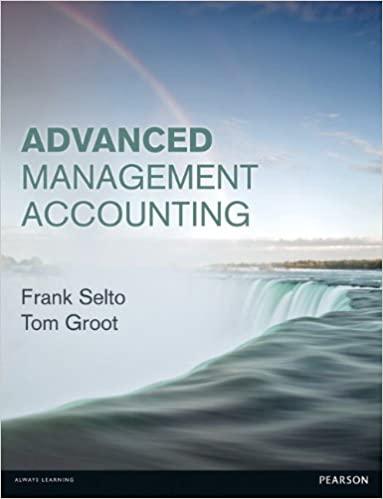Net cash flows and Islamic investment alternative to NPV analysis: Safwan plans to open a store that
Question:
Net cash flows and Islamic investment alternative to NPV analysis:
Safwan plans to open a store that sells Middle East food, housewares, and decorative arts in a Western city. He feels that returning travellers and former Mideastern residents who have relocated to this city will provide a growing customer base. Currently the only local competition for these goods is on the Internet, and Safwan believes that the ambience of the store, tentatively named The Olive Traders, will be an important aspect of the shopping experience.
He will finance the enterprise with
a) his and family contributions and
b) external financing known as Musharaka (see note) from the Islamic business division of One World Bank.
As in the case of conventional business loans, Safwan must make a persuasive business case to the bank. The difference, of course, is that traditional DCF methods, which involve interest that is disallowed by Islamic law, should not be used to structure the bank financing.
Consider The Olive Traders to be a partnership between Safwan (and family) and One World Bank, wherein Safwan pays to the bank a share of profits in proportion to its capital contribution that will retire the bank’s share of the partnership over a period of 10 years. He also will make an annual payment to compensate the bank for sharing the store’s risks. Assume that any store losses also are shared in proportion to capital contributions and are not accumulated, carried forward or carried back. The following table contains other relevant information for The Olive Traders.
Required:
1. Prepare a profit sharing plan that incorporates annual retirement of the bank’s share of the partnership over no more than a 10-year period.
2. Compute a schedule of planned net cash flows to Safwan and family.
3. How would you advise Safwan for his upcoming negotiations with the bank?

Step by Step Answer:






